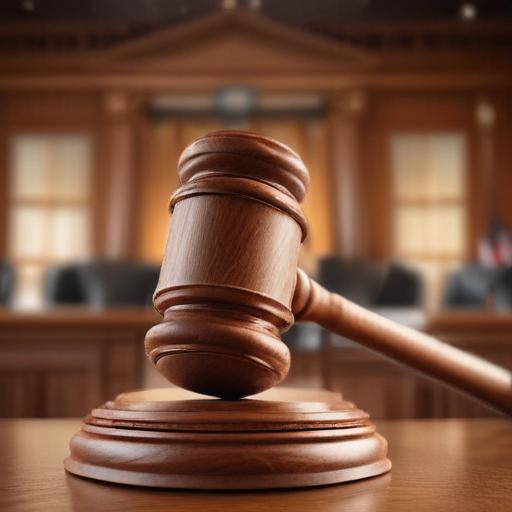Donald Trump took to social media late Saturday night while in Scotland, launching a tirade in which he threatened legal action against high-profile figures including Vice President Kamala Harris, Oprah Winfrey, and Beyonce, alleging they had received illegal payments for endorsements during the 2024 election campaign.
In a post on Truth Social, Trump claimed that significant sums had been given to these celebrities, asserting that Harris had improperly benefited from endorsements. He alleged that Beyonce received $11 million for her support but claimed she “never sang” at an event and faced a negative reaction from the audience. Trump also accused Oprah of receiving $3 million in “expenses” from the Harris campaign and made assertions regarding Reverend Al Sharpton, although none of these claims are substantiated by evidence.
In response to Trump’s claims, Oprah has refuted the notion that she was compensated for her appearance, clarifying that her involvement was fully funded by the production costs of the event. The Kamala Harris campaign also denied any wrongdoing, stating that they only covered legitimate production expenses for the event. Notably, records from the Federal Elections Commission indicate that Harris’s campaign did pay Beyonce’s production company a sum of $165,000, but that was for associated costs—not as compensation for an endorsement.
This is not the first instance of Trump making accusations against celebrities regarding campaign endorsements. He previously vented similar frustrations in May against Beyonce, Bruce Springsteen, and Bono. His rants extended to a critique of media outlets, where he suggested that broadcasters who he believes align with the Democratic Party should have their licenses revoked.
Trump has a history of using legal threats to challenge media coverage perceived as unfavorable, recently culminating in a $10 billion lawsuit against Rupert Murdoch and the Wall Street Journal, following reports about his correspondence with Jeffrey Epstein. Such actions have raised alarms among press freedom advocates regarding the implications of attempting to silence critical commentary in the media landscape.
The discourse surrounding Trump’s allegations reflects a larger narrative about political endorsements and the ethics surrounding them, particularly in the context of celebrity involvement in politics.
Overall, while some critics may perceive these developments negatively, the ongoing political discussions may also serve to further engage the public on the importance of transparency and accountability in campaign endorsements. Ensuring a clear understanding of financial relationships in politics could lead to improved regulations moving forward.
